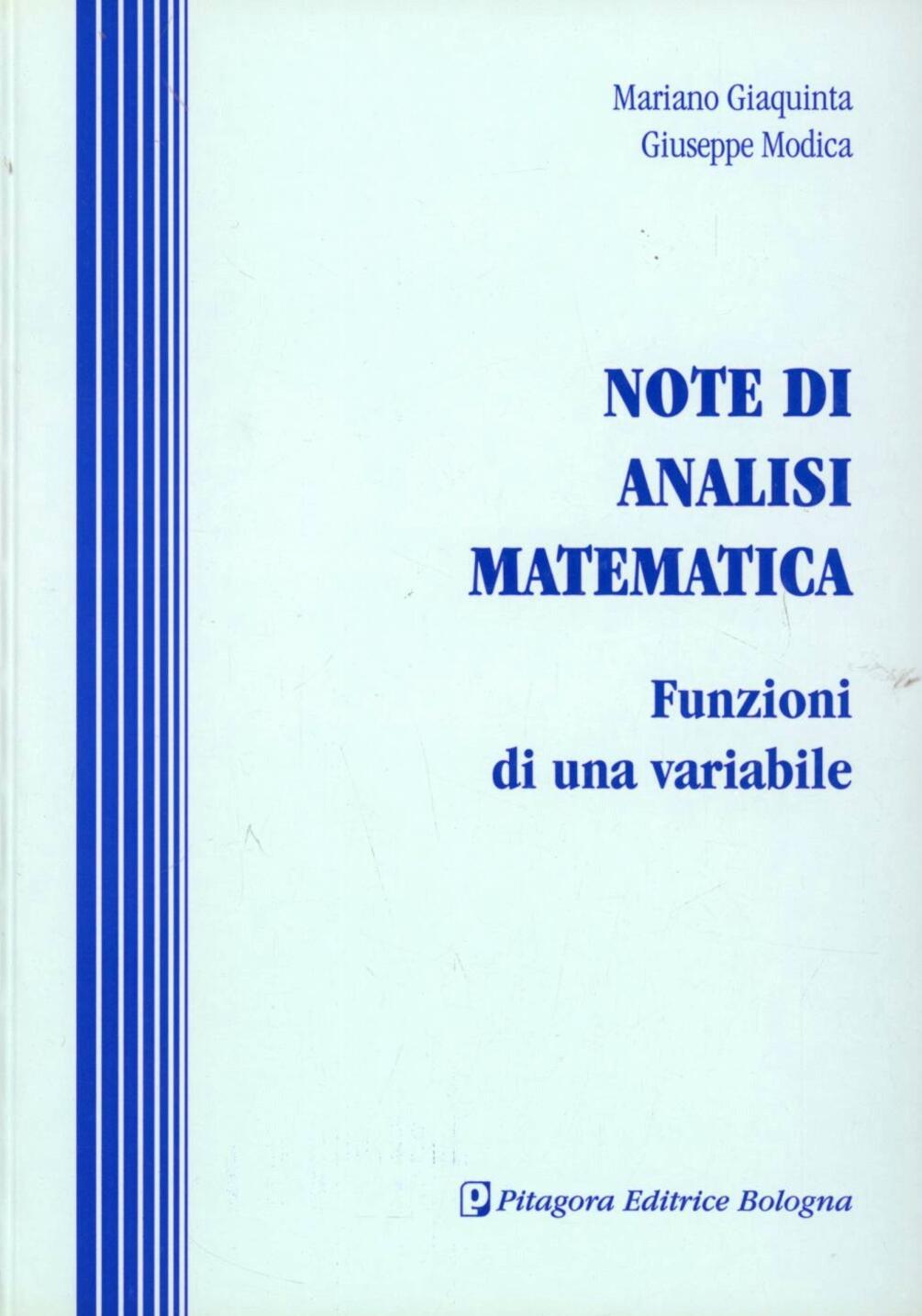Calcolo Differenziale Adams Pdf Reader
Feb 7, 2019 - the fbi - the sixth day a brit in the fbi pdf download ebook 32,70mb. Skillbuilder answers romeo and juliet,acute physiology and chronic health evaluation wikipedia,active reading. Approach,acuson cyprus,adams principles of horticulture. Cadillac Cue S, Calcolo Differenziale E Integrale Di Andrea.
This work is protected by local and international copyright laws and is provided solely for the use of instructors in teaching their courses and assessing student learning. Dissemination or sale of any part of this work (including on the World Wide Web) will destroy the integrity of the work and is not permitted. The work and materials from this site should never be made available to students except by instructors using the accompanying text in their classes.

All recipients of this work are expected to abide by these restrictions and to honor the intended pedagogical purposes and the needs of other instructors who rely on these materials. For the three-semester calculus course. Proven in North America and abroad, this classic text has earned a reputation for excellent accuracy and mathematical rigour. Previous editions have been praised for providing complete and precise statements of theorems, using geometric reasoning in applied problems, and for offering a range of applications across the sciences. Written in a clear, coherent, and readable form, Calculus: A Complete Course makes student comprehension a clear priority. Christopher Essex joined Bob Adams as a new co-author on the 7th edition and has an expanded role in the 8th edition. Instructors and students will appreciate new and expanded examples, new exercises, and a new Chapter 17: Differential Forms and Exterior Calculus.

Features Calculus: A Complete Course is a clear, rigorous and highly respected text, praised for its use of complete and precise statements of theorems, its application of geometric reasoning, and its usefulness across the sciences. The authors' sense of humour and love of the subject is present throughout the text, resulting in a thoroughly readable and appealing text. Each chapter opens with a quotation and brief introduction, designed to ease students into the presented lesson. Pedagogical features including figures, definitions, icons to differentiate between problem types, and boldfaced key terms reinforce student retention. Chapter closers present a review, a list of key ideas with short-answer questions, review exercises, and a series of more challenging problems, all of which engage students on multiple levels of comprehension and practice. Numerical Monsters - a collection of examples that illustrate the limitations of computers in 'real math.' They help students become aware of the limitations of technology in mathematical problem solving.
Gateway Applications - take the reader from the topic at hand to the mathematical tool often used in field analysis so students can see how Calculus is actually applied. Free serials cracks and keygens. About the author(s) Robert Adams joined the Mathematics Department at the University of British Columbia in 1966 after completing a Ph.D. In Mathematics at the University of Toronto. His research interests in analysis led to the 1975 publication of a monograph, Sobolev Spaces, by Academic Press. It remained in print for 23 years. A second edition, joint with his colleague Professor John Fournier, was published in 2003.
Professor Adams's teaching interests led to the 1982 publication of the first of his many calculus texts by Addison Wesley. These texts are now used worldwide. With a keen interest in computers, mathematical typesetting, and illustration, in 1984 Professor Adams became the first Canadian author to typeset his own textbooks using TeX on a personal computer. Since then he has also done all the illustrations for his books using the MG software program that he developed with his colleague, Professor Robert Israel. Now retired from UBC, Professor Adams is currently pursuing his interest in the Linux operating system.
Christopher Essex is Professor and Associate Chair in the Department of Applied Mathematics at the University of Western Ontario. He is a former director of its Theoretical Physics Program. He is an award-winning teacher and author. In 2012-13 Chris has become the first ever Phi Beta Kappa Visiting Scholar from a Canadian university.